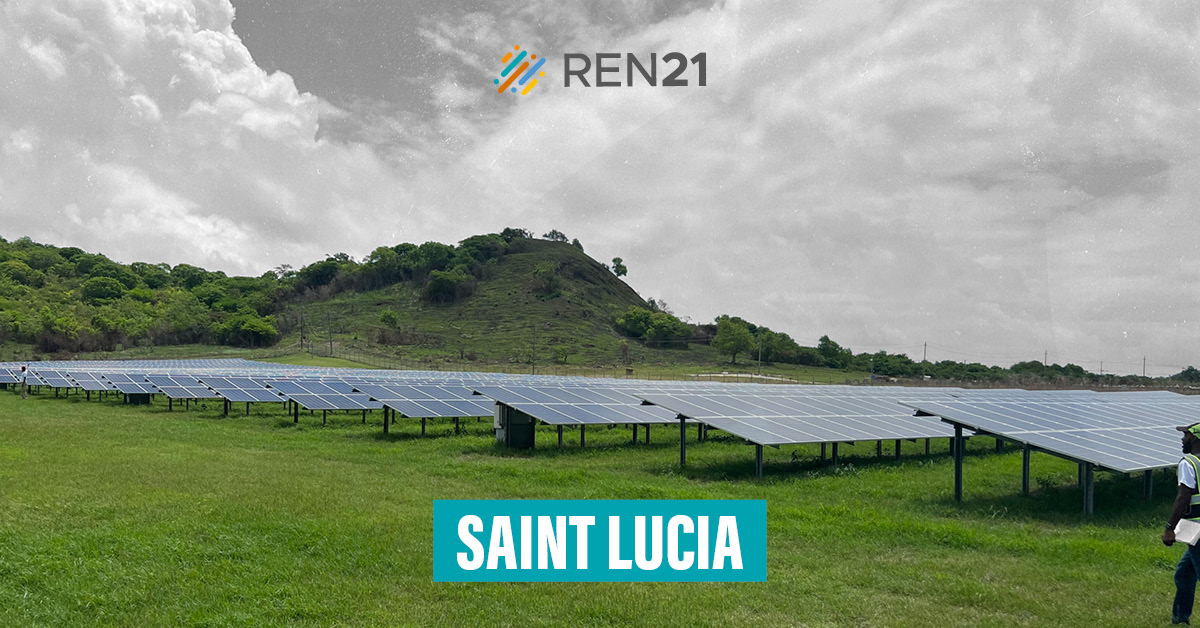Energie Partagée is the leading national movement in France bringing together people, local authorities, civil society and the private sector to develop citizen and community led and owned renewable energy projects for their own benefit.
Energie Partagée, supported by French National Agency for Energy and Ecological Transition (ADEME), was founded15 years ago by a group of pioneers aiming to leverage and perpetuate the knowledge acquired through a grassroots driven energy transition. Since then, Energie Partagée has grown into a robust and mature federation connecting 13 regional support networks active in various regions in France. These regional hubs promote citizen engagement, foster knowledge sharing, and build capacities to tailor and drive local, sustainable energy solutions.
Energie Partagée operates through two main structures: The first, Energie Partagée Association, focuses on engaging and empowering citizens in the energy transition, while the second, Energie Partagée Investissement, mobilizes citizens’ savings at the national level to complement funding for the locally, citizen-driven initiatives in renewable energy and energy efficiency projects, where needed. To date, Energie Partagée Investissement has crowdraised 43 million Euros, enabling the innovative development of 170 projects that are driven by local communities and citizens.
Head of the Investment Division of Energy Partagée Suzanne Renard recounts the success story of the movement, which for over a decade has empowered and supported over 400 communities in securing sustainable, affordable and local energy for 474 000 people in France while advancing energy democracy and independence.
Promoting Energy Democracy
Energy poverty remains pervasive, even in developed countries like France, where many households struggle with high energy costs and inadequate heating.
“Energy poverty is huge in all countries, across Europe and the world. It’s not because you live in a first world country that you’re not suffering from it. Millions of people in France live in houses where the heat is not enough and suffer from humidity, which has serious consequences on people’s health and wellbeing,” said Renard.
Tackling energy poverty is a complex challenge that requires multi-layered actions. This testifies to the central role energy occupies in our daily lives, and how people are not empowered enough to manage it. Energie Partagée aims to strengthen energy governance and democracy, putting people at the center. Citizens are empowered to actively participate in decision-making about projects planned in their backyard.
“Energy communities aren’t just about producing energy—they revitalize civic life,” says Renard. “Energy is central to our lives, and decisions about it should benefit everyone, taking all voices into account while uplifting both private and public spheres.”
This approach not only fosters environmental awareness but also mitigates potential impacts on land and biodiversity, ensuring that projects are both sustainable and socially accepted.
Investing in Communities, Building a Sustainable Future
Energie Partagée Investissement plays a critical role in bridging the gap between citizen savings and the financial needs of renewable energy projects. By funding preparatory phases, feasibility studies, and permitting processes, it unlocks the upfront capital required for large infrastructure projects. To attract citizen investors, the initiative emphasizes transparency, trust, and low-risk state-backed investments. Investors can earn annual returns of up to 4%, and since 2023, Energie Partagée has distributed dividends to shareholders. The minimum share is at 123 euros, enabling everyone to get on board.
Renard recounts a heartwarming trend:
“We increasingly see grandparents gifting shares to their grandchildren. Every January, we welcome new shareholders who are just 5 or 6 years old—it’s their Christmas gift.”
On the downside, two-thirds of Energie Partagée’s investors are men, highlighting the need for targeted efforts to improve financial literacy and participation among women.
The Local Economic Benefits of Community Energy
Community-owned renewable energy projects generate 2.5 times more economic benefits for local communities than privately-owned developments. These benefits include more jobs, tax reductions, return on investment, and lower energy bills.
“Our surveys show that citizens engaged in energy communities reduce their energy consumption by at least 20% because they become more aware,” said Renard.
A key ingredient in Energie Partagée’s success is its multi-stakeholder approach, which brings together local authorities, private sector actors, and citizens. This collaborative model ensures that projects succeed where they might otherwise fail and serves as a blueprint for replication worldwide. Another important element is the availability of citizens’ savings, which account for billions that today remain dormant in banks instead of serving to create benefits for all.
“As soon as you have citizen investments, a form of autonomy and a powerful driving force are created to leverage institutions and other financing solutions,” Renard said.
The Importance of Political Support and Regional Networks
Energie Partagée underscores the importance of political support in funding regional networks. These “middle layers” act as bridges between supranational and national policies and finance and local needs, ensuring that citizen savings are translated into impactful projects.
“Regional support networks are essential for transmitting knowledge and experiences from the supranational, national to the local level. They are pivotal for effectively shaping citizen initiatives. Otherwise, we can have millions of savings from citizens that will never find projects to fund,” Renard said.
Despite significant funding opportunities from the European Union for energy communities, much remains untapped due to a lack of intermediaries linking finance to citizen engagement.
“This creates a huge risk for corporate capture,” Renard said.
A European Model for Energy Transition
Energie Partagée is part of the European federation of energy communities, REScoop, which represents 2,500 cooperatives and 2 million people across Europe. Through this network, they share lessons learned and replicate successful models in other countries.
Energie Partagée exemplifies how citizen-led and owned initiatives can drive a resilient and successful energy transition. With the right support and collaboration, their approach offers a scalable solution to tackle global challenges like energy insecurity, sustainable development and climate change.










